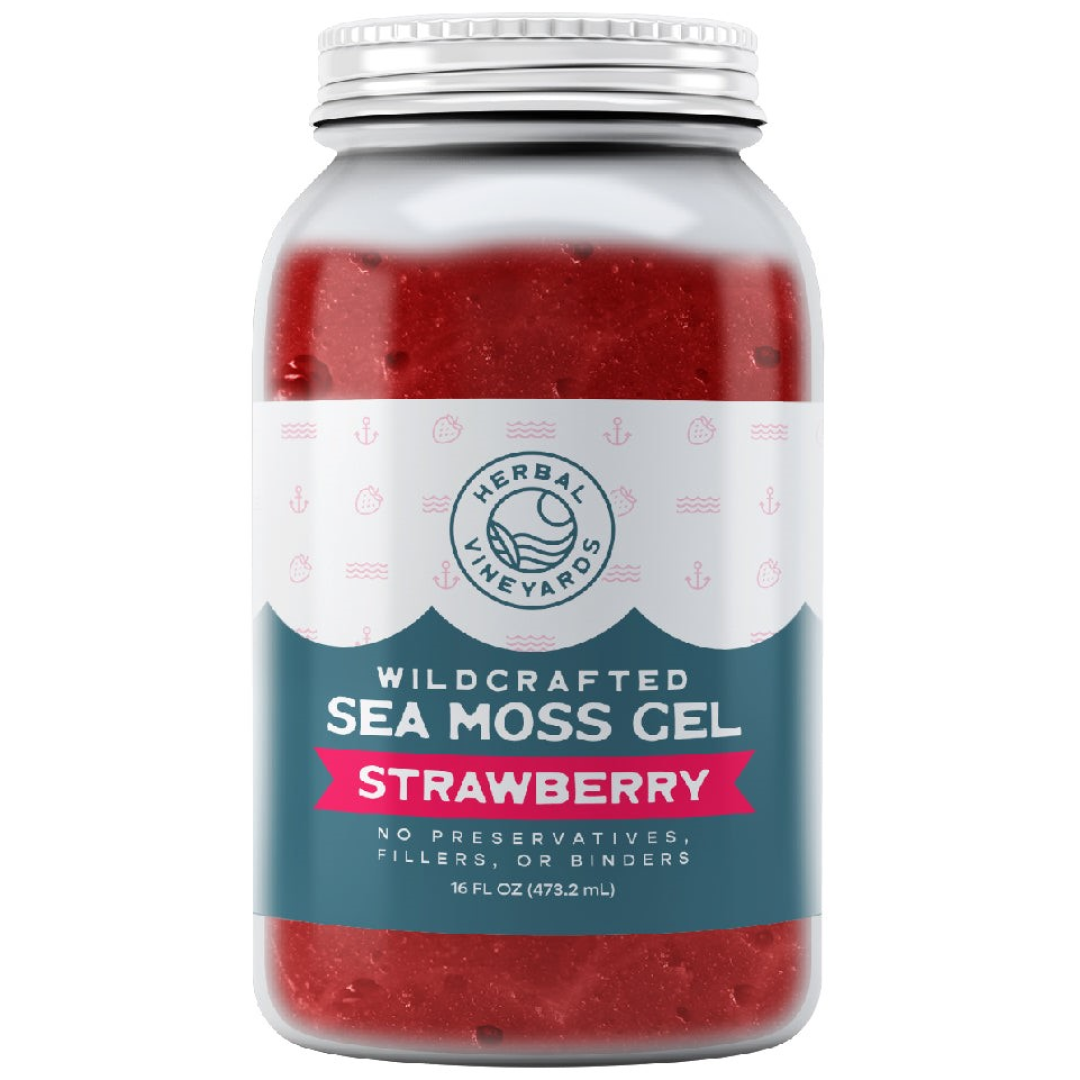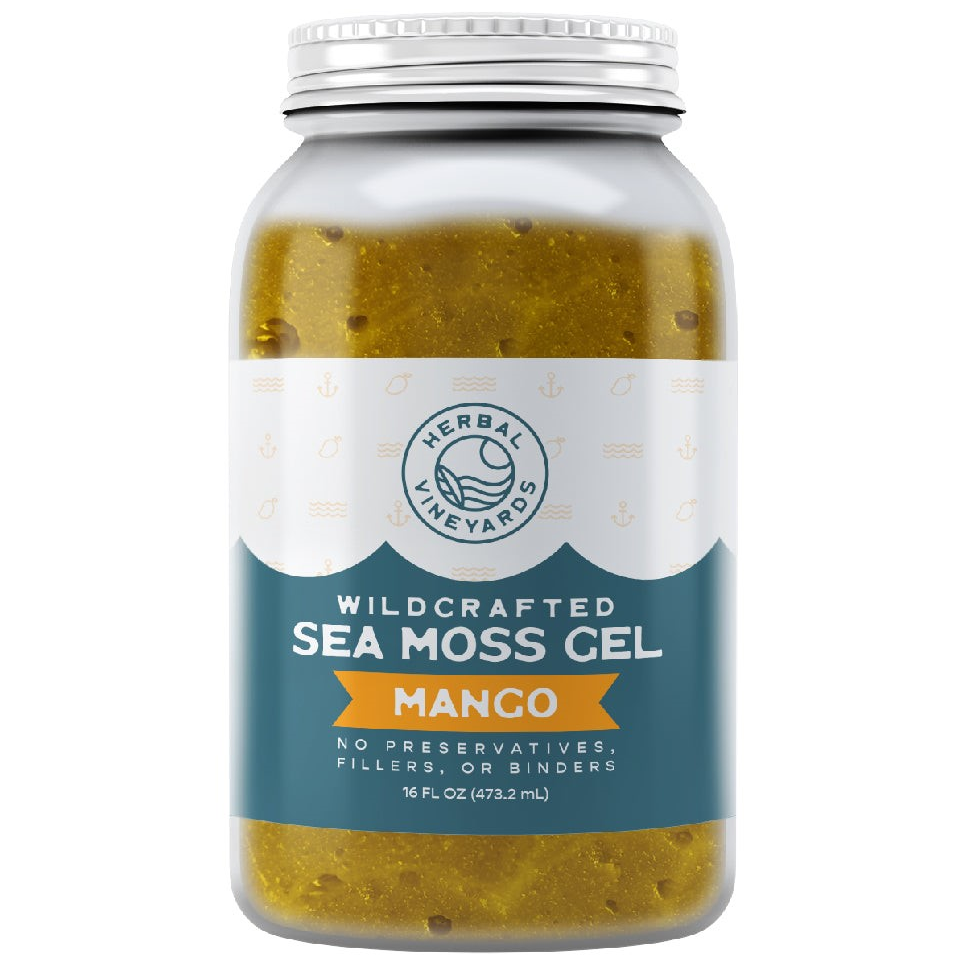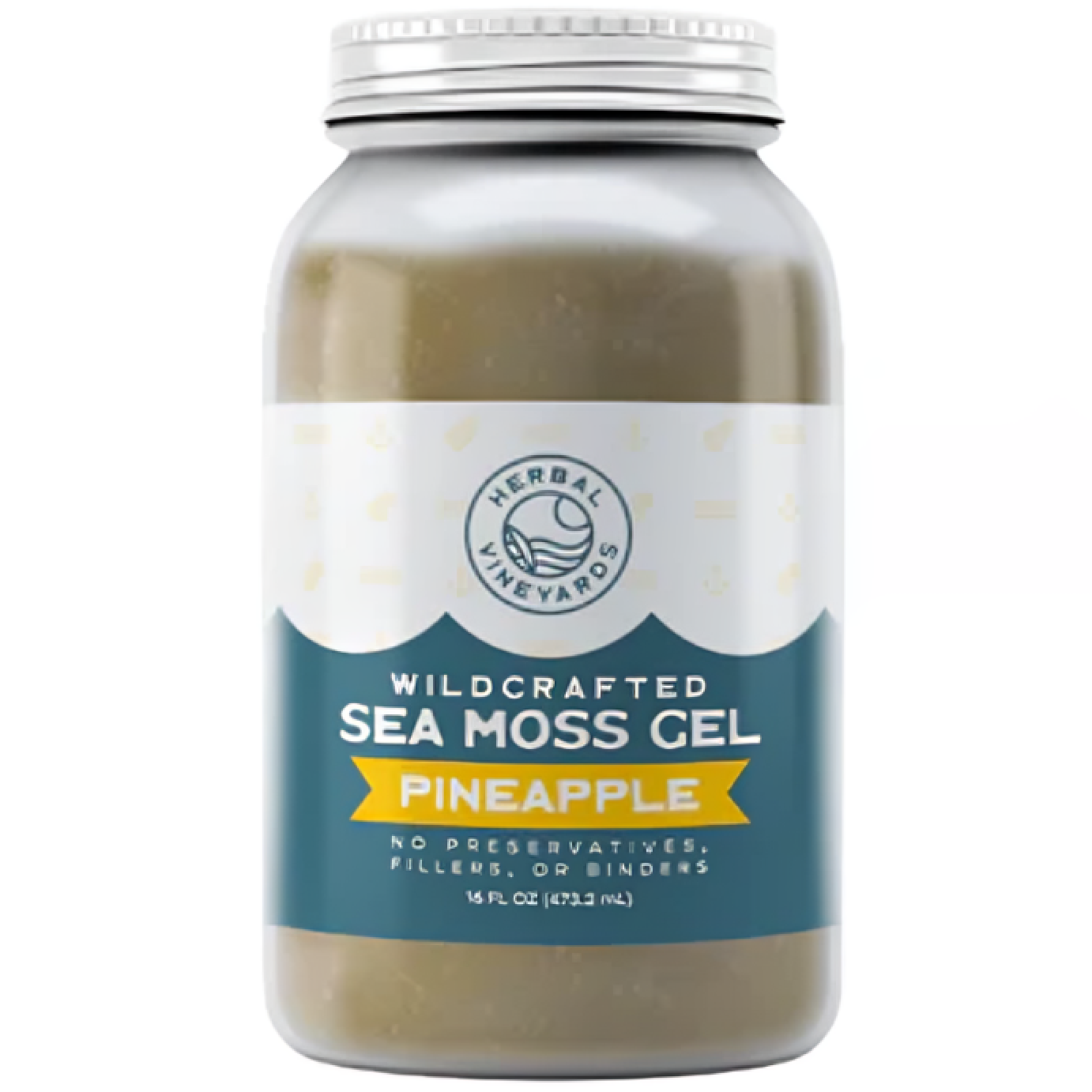Are There Any Side Effects of Taking Sea Moss?
Ever since celebrities and dieticians started sharing sea moss-inspired recipes on social media, the health-conscious community has been buzzing with details about this superfood, stating that sea moss can benefit various aspects of health, including the heart, skin, and overall immunity.
The fact is that although people have been consuming this alga for many years, researchers are just now starting to study its health advantages. So far, the information they’ve obtained is positive and the claims that adding sea moss to your diet can help maintain overall health are proving to be true.
However, are there any side effects of taking sea moss? Furthermore, how should it be taken to enhance benefits and avoid potential adverse effects? Let’s find out!
Does Sea Moss Have Side Effects?
Sea moss is generally considered beneficial for health, its variable levels of beneficial nutrients and some potentially harmful components could potentially cause undesired side effects.
This is because the nutritional value of sea moss largely depends on the location where it grows. So, it is impossible to know the exact contents and quantities in it, with each batch potentially varying in potency.
There are two main risks associated with sea moss.
Ingesting An Excessive Amount of Iodine
An excessive amount of a positive thing can turn into a negative thing, just like what happens with iodine. Endocrinologists recommend not to take iodine supplements without a doctor's recommendation, as they could potentially harm your thyroid gland.
Excessive intake of iodine in your diet can cause a goiter to develop, resulting in an enlarged thyroid gland that may require surgical intervention.
The same applies to sea moss. It is particularly rich in iodine, and consuming a large amount on a daily basis will do more harm than good.
Unknowingly Ingesting Heavy Metals and Contaminants
Seaweed is known for its ability to soak up heavy metals from its surroundings. Seaweed found in areas with industrial pollution or raw sewage can contain harmful metals such as arsenic, mercury, and lead that are unsafe to eat.
While consuming contaminated sea moss in small doses won’t do you harm, ingesting it in large amounts or on a daily basis can lead to heavy metal poisoning or illnesses due to contaminants.
Consuming Sea Moss Safely
Here are some tips to consume sea moss safely so that it improves and sustains your health:
- Always consult a healthcare professional before adding sea moss or sea moss supplements to your diet. They will guide you about the best dosage and time to take sea moss according to your health. Generally, 3 to 4 grams of dried sea moss every day is considered safe in adults.
- Consult your doctor about possible sea moss interactions with any medications you are taking.
- Always buy sea moss or supplements from a reputable vendor like Herbal Vineyards. All our products are made using 100% pure wild-crafted sea moss.
- If you’re making sea moss gel at home, make sure to thoroughly wash and dry it to remove any dirt or contaminants.
- Pregnant and nursing women should avoid consuming moss due to insufficient studies on its impact on them.
Final Thoughts
On the whole, sea moss has a range of health benefits, but the key is to take it in moderation and after consulting a professional. Every individual is different and the effects might not be the same for you as compared to someone else. So, adopt a regime that’s best for you and your overall health.







